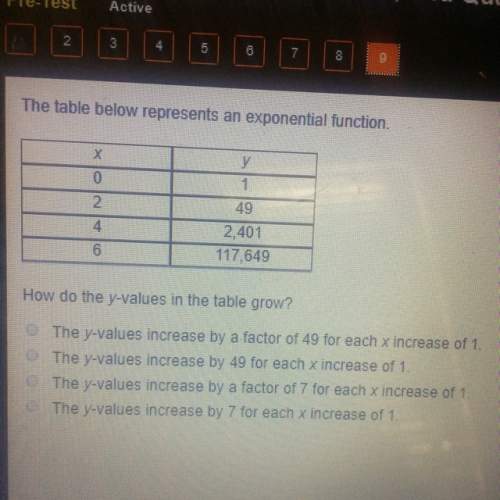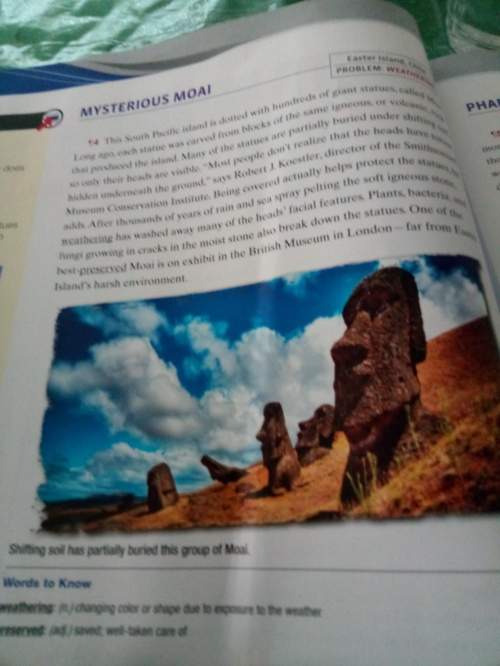PLEASE QUICK
STORIES OF USEFUL INVENTIONS, excerpt
By S. E. Forman
1911
...

PLEASE QUICK
STORIES OF USEFUL INVENTIONS, excerpt
By S. E. Forman
1911
THE MATCH
There never was a time when the world was without fire, but there was a time when men did not know how to kindle fire; and after they learned how to kindle one, it was a long, long time before they learned how to kindle one easily. In these days we can kindle a fire without any trouble, because we can easily get a match; but we must remember that the match is one of the most wonderful things in the world, and that it took men thousands of years to learn how to make one. Let us learn the history of this familiar little object, the match.
Fire was first given to man by nature itself. When a forest is set on fire by cinders from a neighboring volcano, or when a tree is set ablaze by a thunderbolt, we may say that nature strikes a match. In the early history of the world, nature had to kindle all the fires, for man by his own effort was unable to produce a spark. The first method, then, of getting fire for use was to light sticks of wood at a flame kindled by nature—by a volcano, perhaps, or by a stroke of lightning. These firebrands were carried to the home and used in kindling the fires there. The fire secured in this way was carefully guarded and was kept burning as long as possible. But the flame, however faithfully watched, would sometimes be extinguished. A sudden gust of wind or a sudden shower would put it out. Then a new firebrand would have to be secured, and this often meant a long journey and a deal of trouble.
In 1827, John Walker, a druggist in a small English town, tipped a splint with sulphur, chlorate of potash, and sulphid of antimony, and rubbed it on sandpaper, and it burst into flame. The druggist had discovered the first friction-chemical match, the kind we use to-day. It is called friction-chemical because it is made by mixing certain chemicals together and rubbing them. Although Walker's match did not require the bottle of acid, nevertheless it was not a good one. It could be lighted only by hard rubbing, and it sputtered and threw fire in all directions. In a few years, however, phosphorus was substituted on the tip for antimony, and the change worked wonders. The match could now be lighted with very little rubbing, and it was no longer necessary to have sandpaper upon which to rub it. It would ignite when rubbed on any dry surface, and there was no longer any sputtering. This was the phosphorus match, the match with which we are so familiar.
How does the author develop the idea that relying on nature was problematic? Please respond in three to five complete sentences, using evidence from the text to support your answer. (5 points)

Answers: 1
Another question on English

English, 21.06.2019 12:30
Read the sentence from "the crab that played with the sea.” now, while the two were talking together, pau amma the crab, who was next in the game, —scuttled off sideways— and stepped into the sea, saying to himself, ‘i will play my play alone in the deep waters, and i will never be obedient to this son of adam.’ the underlined words are an example of character. imagery. repetition. tone.
Answers: 2

English, 21.06.2019 17:00
Abroad thesis statement encourages your readers to learn something new. question 1 options: 1) true 2) false
Answers: 2

English, 21.06.2019 18:50
"the bane of the internet" is written in first-person subjective point of view, so the narrator a) tells the story as it is happening b)tells the story as it is happened in the past c)is a minor character who tells the story as it is happening d)none of the above
Answers: 2

English, 21.06.2019 20:00
April is studying finance in college. she wants to enter a career that is expected to experience much growth. rank the jobs that april is considering, from the least to greatest expected growth.
Answers: 1
You know the right answer?
Questions



History, 31.03.2021 14:00


Mathematics, 31.03.2021 14:00

SAT, 31.03.2021 14:00



Social Studies, 31.03.2021 14:00

Mathematics, 31.03.2021 14:00

English, 31.03.2021 14:00

Chemistry, 31.03.2021 14:00

Arts, 31.03.2021 14:00

English, 31.03.2021 14:00

Mathematics, 31.03.2021 14:00

History, 31.03.2021 14:00

Mathematics, 31.03.2021 14:00

Mathematics, 31.03.2021 14:00


Mathematics, 31.03.2021 14:00





